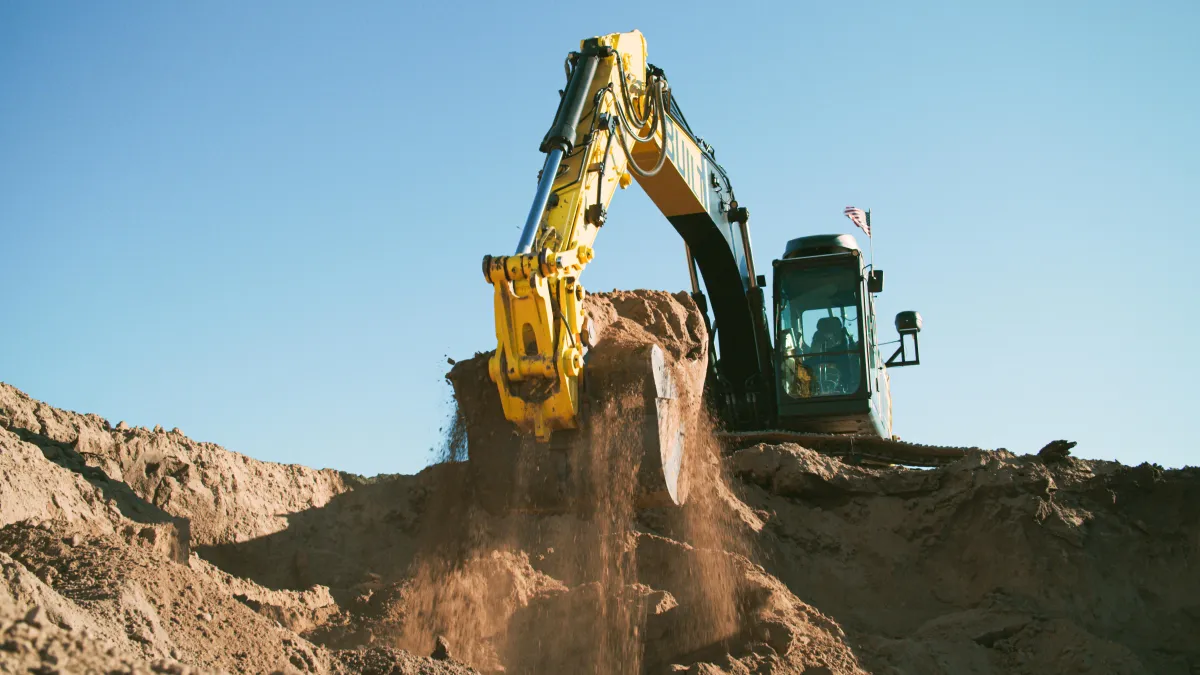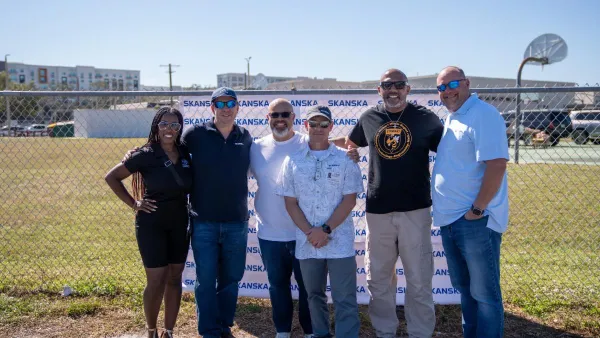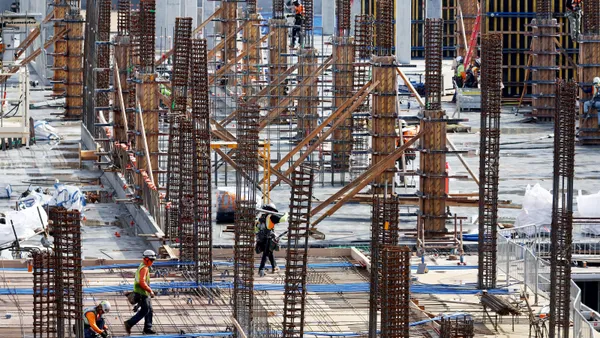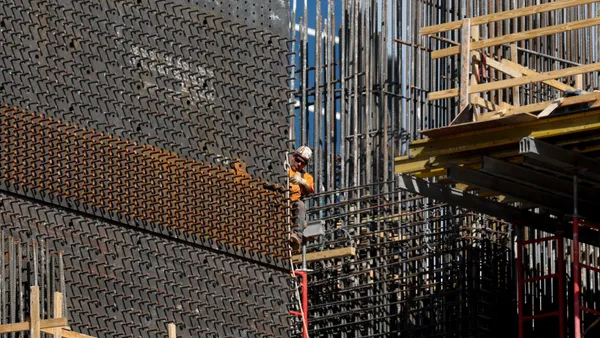Total and median U.S. specialty contractor firm revenue fell between 2019 and 2020, though some market sectors did manage to perform, according to the Engineering News-Record (ENR) in its 2021 Top 600 Specialty Contractors webinar.
The annual ENR ranking highlights the country's largest specialty contractors and measures the specialty subcontractor markets.
Petroleum contractors lagged the most, with revenue dropping close to 30% from 2019 to 2020. On the other hand, water contractors experienced the most positive change, increasing revenue by almost 16% between 2019 and 2020, according to the report.
Electrical contractors hold the greatest share of revenue, accounting for close to a third of earnings. Mechanical contractors take in around 17% of the revenue, while utilities bring in approximately 12%.
After rising year over year for the last decade, total revenue dropped 3.57% or $5.4 billion in 2020 to $145.9 billion, down from $151.3 billion in 2019. Median firm revenue decreased 8.56% from $91.58 million in 2019 to $83.74 million in 2020.
Leading the list of specialty contractors is Quanta Services, a Houston, Texas-based corporation that provides infrastructure services for electric power, pipeline, industrial and communications industries. It brought in around $11.2 billion in revenue during the 2019-2020 period. Around 50.6% of firms reported a decrease in revenue, while 48.5% of firms reported an increase and 0.9% of firms reported no change, according to the report.
Top 25 Specialty Contractors
| Firm | Specialty | Revenue ($ million) |
|---|---|---|
| Quanta Services | Electrical/Utility | $11,202.7 |
| Emcor Group Inc. | Mechanical/Electrical | $8,797.1 |
| Mastec Inc. | Electrical/Utility/Excavation and Foundation | $6,321 |
| Brandsafway | Concrete/Asbestos/Painting | $4,070.3 |
| API Group Inc. | Mechanical/Utility/Sheet Metal/Fire Protection | $3,550 |
| Primoris | Utility | $3,491.5 |
| Artera Services | Utility | $2,579 |
| MYR Group Inc. | Electrical | $2,247 |
| Comfort Systems USA Inc. | Mechanical/Electrical | $2,244.6 |
| MDU Construction Services Group Inc. | Electrical/Utility/Fire Protection | $2,095.7 |
| Rosendin Electric | Electrical | $2,058 |
| Centuri Group Inc. | Utility | $1,948.3 |
| Performance Contracting Group Inc. | Wall and Ceiling/Asbestos | $1,687.8 |
| Henkels & McCoy Group | Utility | $1,650 |
| ACCO Engineered Systems | Mechanical | $1,599.1 |
| Keller North America | Excavation and Foundation | $1,572.4 |
| Baker Construction Enterprises Inc. | Concrete | $1,550 |
| Cupertino Electric Inc. | Electrical | $1,390 |
| M.C. Dean | Electrical | $1,070 |
| IES Holdings Inc. | Electrical | $1,062.5 |
| Flynn Group | Roofing/Curtain Wall/Sheet Metal | $1,008.1 |
| SteelFab Inc. | Steel | $949.7 |
| Archkey Solutions | Electrical | $947 |
| Southland Industries | Mechanical/Fire Protection | $940.2 |
| Lithko Contracting LLC | Concrete | $863 |
SOURCE: ENR Top 600 Specialty Contractors report
"We were hit pretty hard early on in the pandemic. We had a number of projects shut down," said Ted Lynch, CEO of Southland Industries, a California-based construction company, during the Oct. 14 webinar. "One saving grace for us was over the past decade or more, we had been moving a lot of work off site to our fabrication facilities. That really proved to be helpful and I assume that it probably helped propel a lot of other companies to move more of the work off site."
In addition to challenges presented by the pandemic, labor shortages remain one of the top concerns for specialty contractors, according to the panel. To tackle this, recruiting efforts and outreach programs are rapidly becoming a priority for these firms.
For example, Baker Concrete Construction launched a construction boot camp in its Cincinnati office. The program targets juniors and seniors in high school and puts them through a 10-week summer course, said Mike Schneider, senior vice president.
"By the end of the summer, they had some basic blueprint reading skills, they had been involved in at least half a dozen concrete pours, and had done some formwork," said Schneider. "But the interesting part is, most of them are very interested in coming back next summer. That's what we were trying to do, we have to get more young people and let them know just what the opportunities are in this industry."
Two other concerns the industry needs to resolve, according to the panelists, revolve around supply chain issues and vaccine mandates. A high percentage of construction workers remain unvaccinated, and that is "going to have an impact on projects," said Lynch.
"I've done a series of videos for the company, encouraging people [to get vaccinated,]" said Charles Bacon, president and CEO of Pittsburgh, Pennsylvania-based Limbach Facility Services. "We're still thinking [vaccine mandates] could be a loss of 10% to 15% of the staff."














